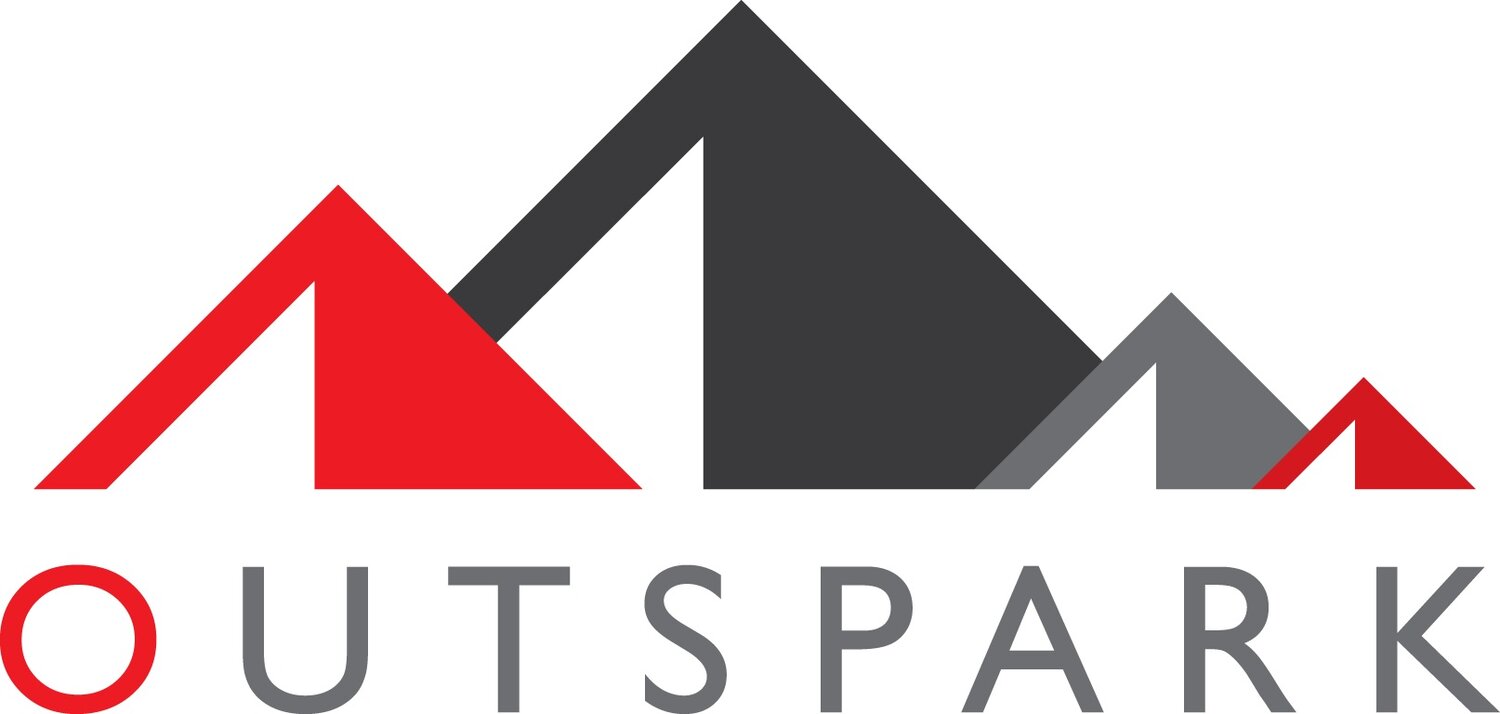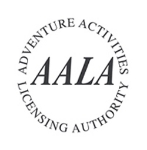in school
Outspark staff will run a school assembly for the participating year group outlining the program, content of the expedition weekends, equipment needed and expected outcomes.
The teams for the course (typically groups of seven) will be formed and Outspark staff will meet with each group answering questions, giving advice on kit, food and general readiness for the first weekend. A checklist will be provided and the participants medical and dietary requirements will be collected and checked.
The time before the expeditions should be practical and informative, but also to bolster confidence, build excitement and maximise participation.
Training
Usually held within an hour of the school and located in ‘low-land country’ the participants will arrive on Saturday morning and meet their Outspark instructor. The group will then have the chance to pitch their tents and check their walking kit prior to starting navigation training. After this, the group will set off on their expedition, usually returning to the camp mid to late afternoon.
Participants are given guidance and training as they walk, with regular stops for drinks, snacks and location checking. As the day continues, the group will take increased responsibility for navigation decisions and have some room to make their own mistakes, with the instructor shadowing them closely. This taste of autonomy will lead in to the following ‘practice’ expedition weekend.
At the end of the day further training will be given in first aid, emergency procedures and campcraft. The students will cook dinner and settle down for the night in tents. On Sunday morning, the groups will walk with to a final destination on a route they planned the evening before. They will be remotely supervised, with Outspark instructors and your staff meeting them at checkpoints.
At the end, each group will review the weekend so that they can transfer what they have learned to their practice weekend. They’ll also be briefed on the practice expedition.
Practice
The practice weekend will be held shortly after the training and is an opportunity for the participants to put in to practice what they were taught in the training weekend. All the groups will be briefed before setting off and will have the time and opportunity to ask questions and check skills. The instructors will then give the group a location to walk to. This will be remotely supervised and the location will be staffed. At that location, the next checkpoint will be given.
This ‘dot-to-dot’ form of route following feels manageable for the groups, is safe to supervise and discourages groups from trying to get to the end of the expedition in the quickest or easiest way.
At each checkpoint, the instructor might give the group a small navigation-based challenge. The instructor will also be monitoring the participants well-being and health. If there are any concerns, the Outspark instructor will notify the school staff.
Much like the ‘training’ weekend, the participants will be camping, cooking and looking after their kit during the practice expedition. The hope is that the learning experienced on the first trip will help the groups enjoy a better dinner and benefit from a more comfortable night sleep.
Qualifying
Outspark’s DofE-accredited assessors will meet with the group at the start of the expedition to explain their role. During the weekend they will meet the groups once or twice each day and check in with them morning and evening to see their campcraft. Like all our instructors, our assessors have good rapport with groups and will help them take pride in the assessment rather than being threatened by it.
The hope is that all groups pass and have enjoyed not just their qualifying weekend, but the whole D of E process. Outspark will celebrate the young people’s achievements and also promote continuing on to both the Silver and Gold D of E course.
After the qualifying expedition, Outspark will send out the assessor reports as soon as possible. We’ll then arrange a phone call, Zoom meeting or face to face chat to review the program and identify your support needs for next year and any changes you’d like to make.



